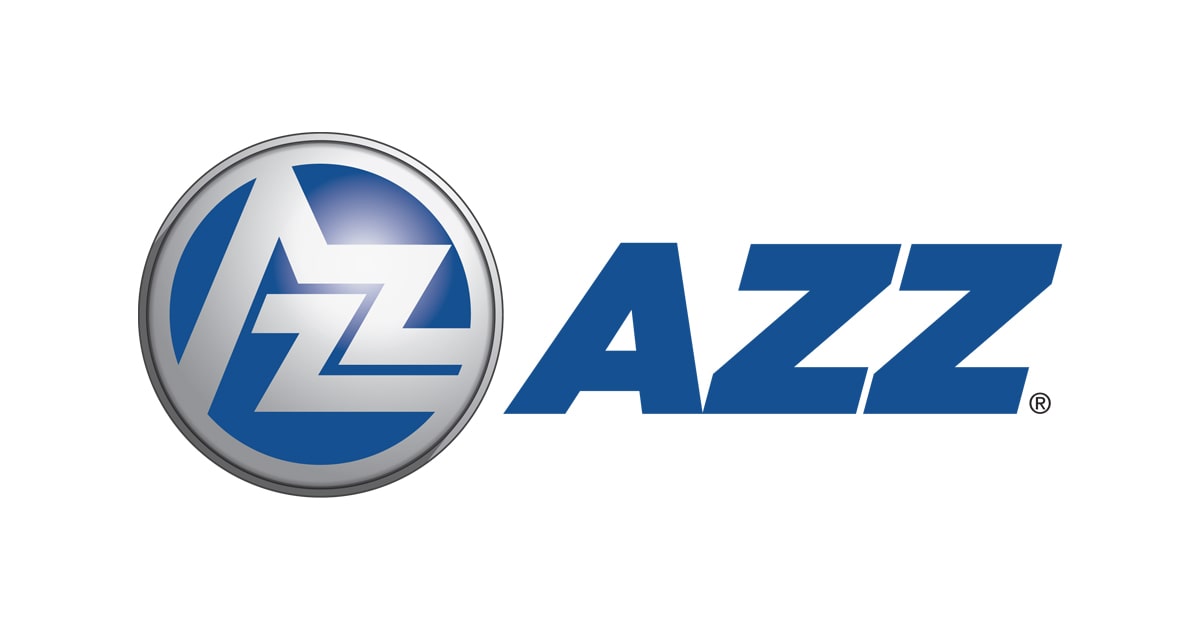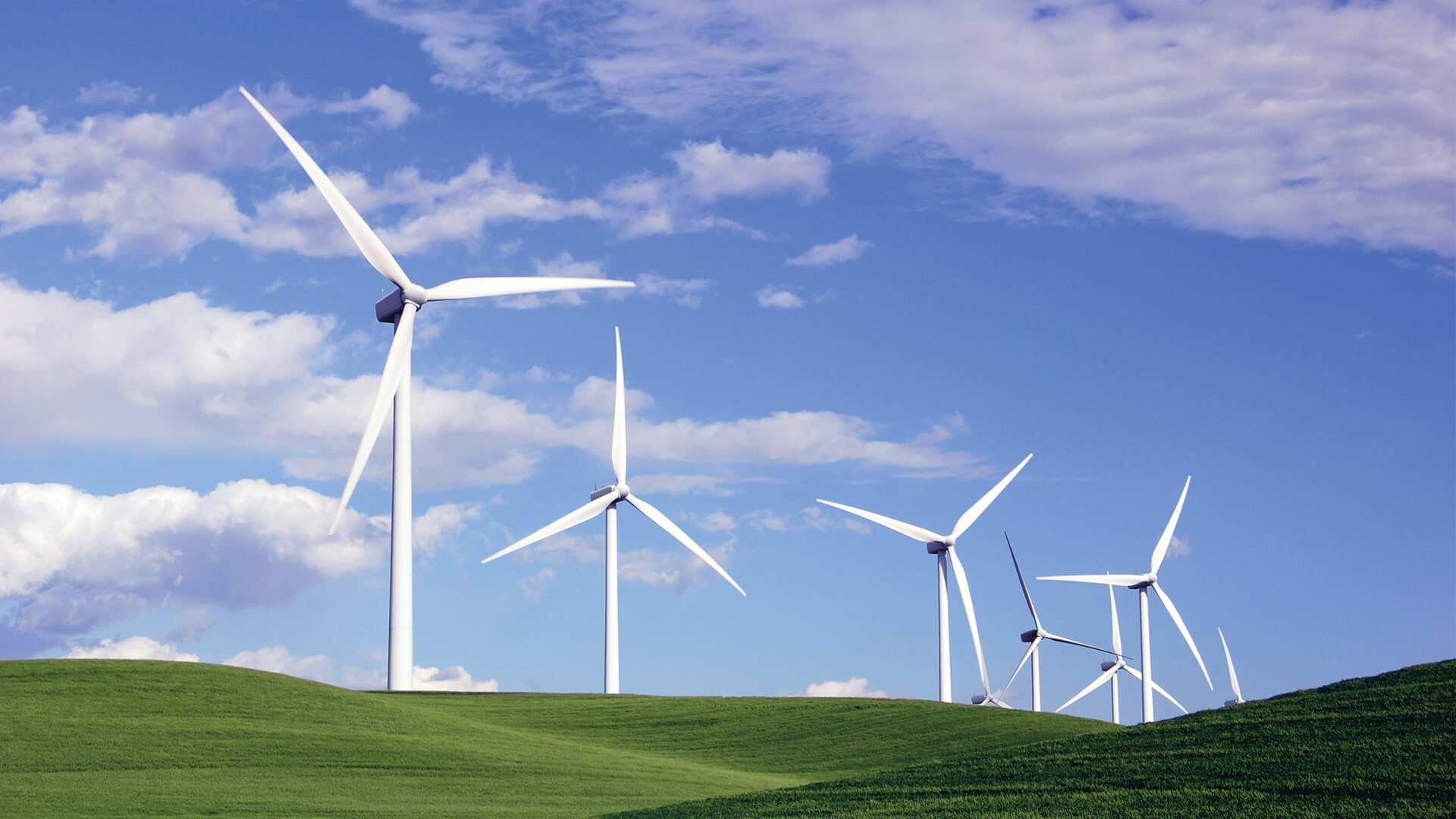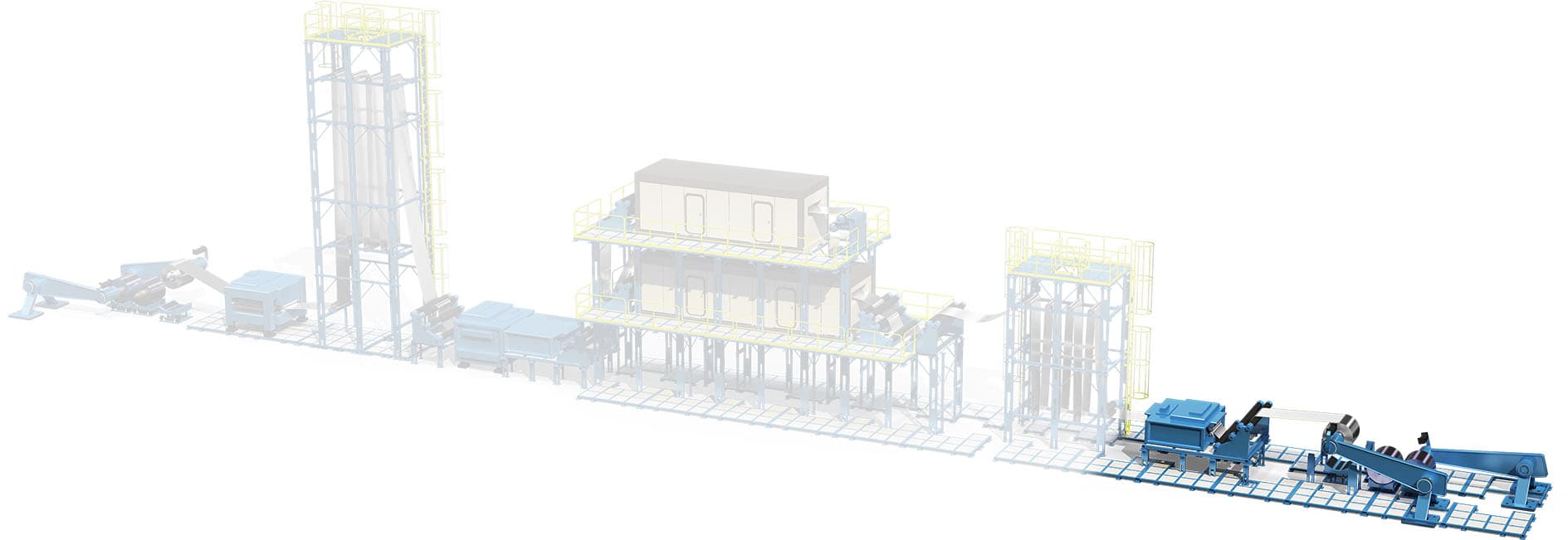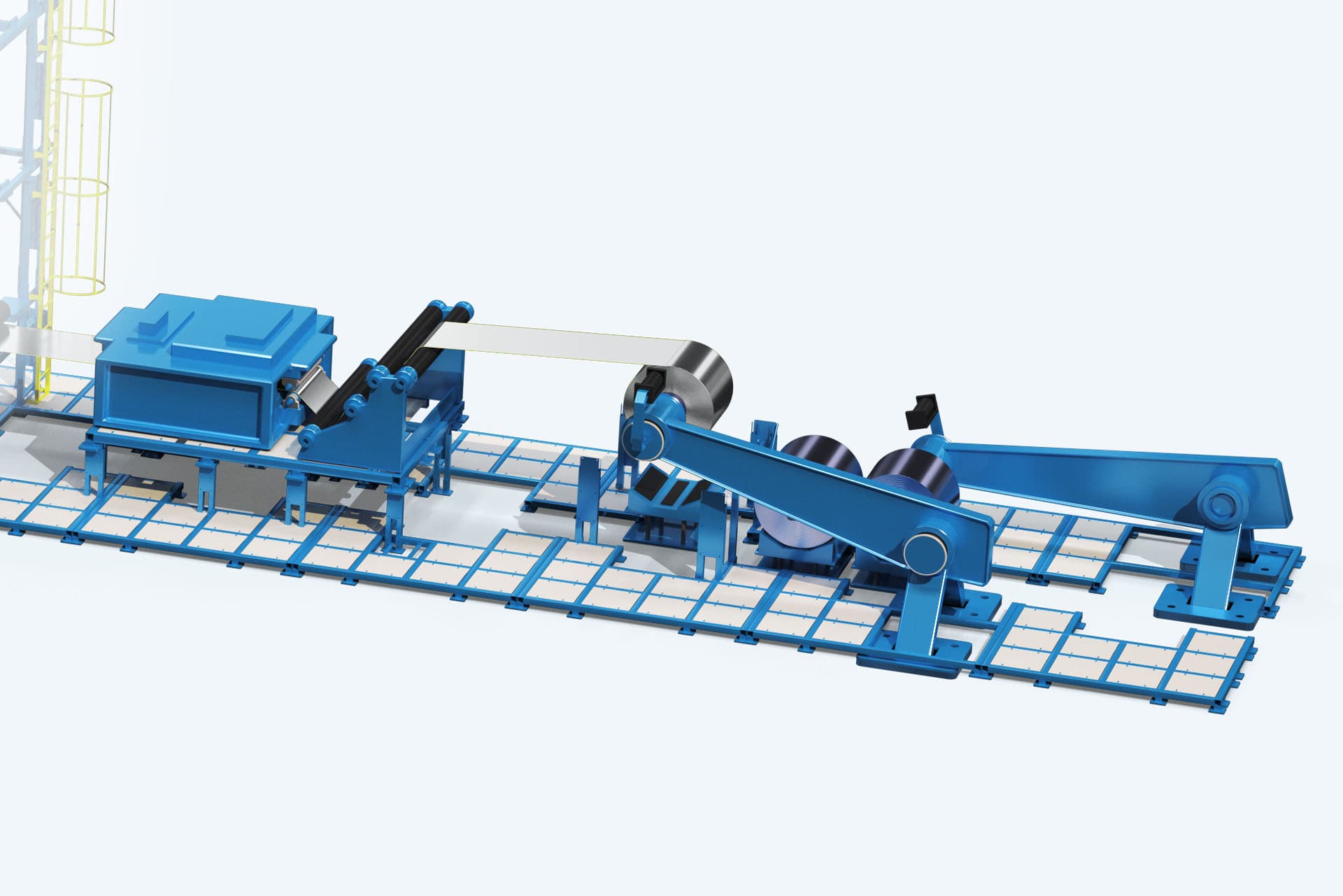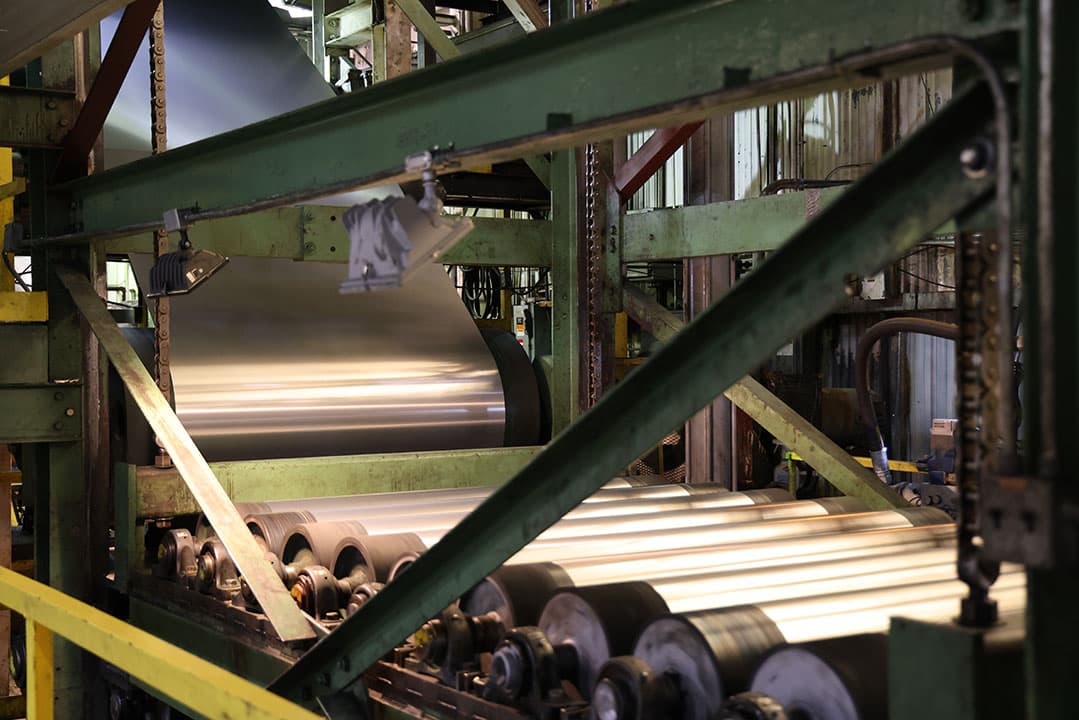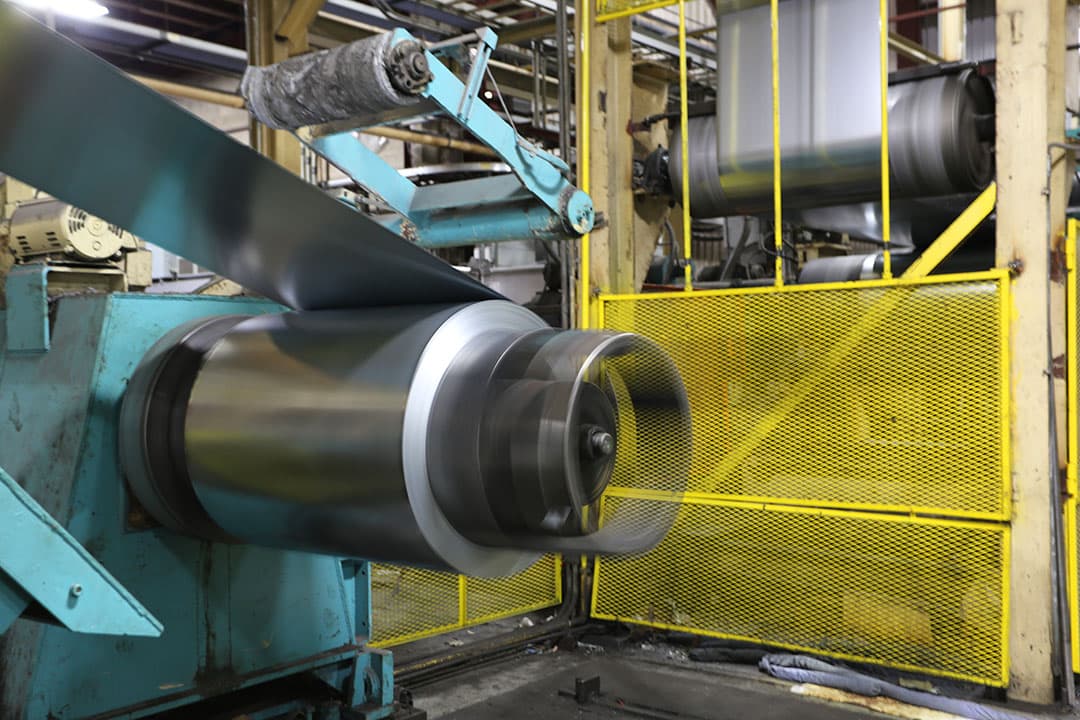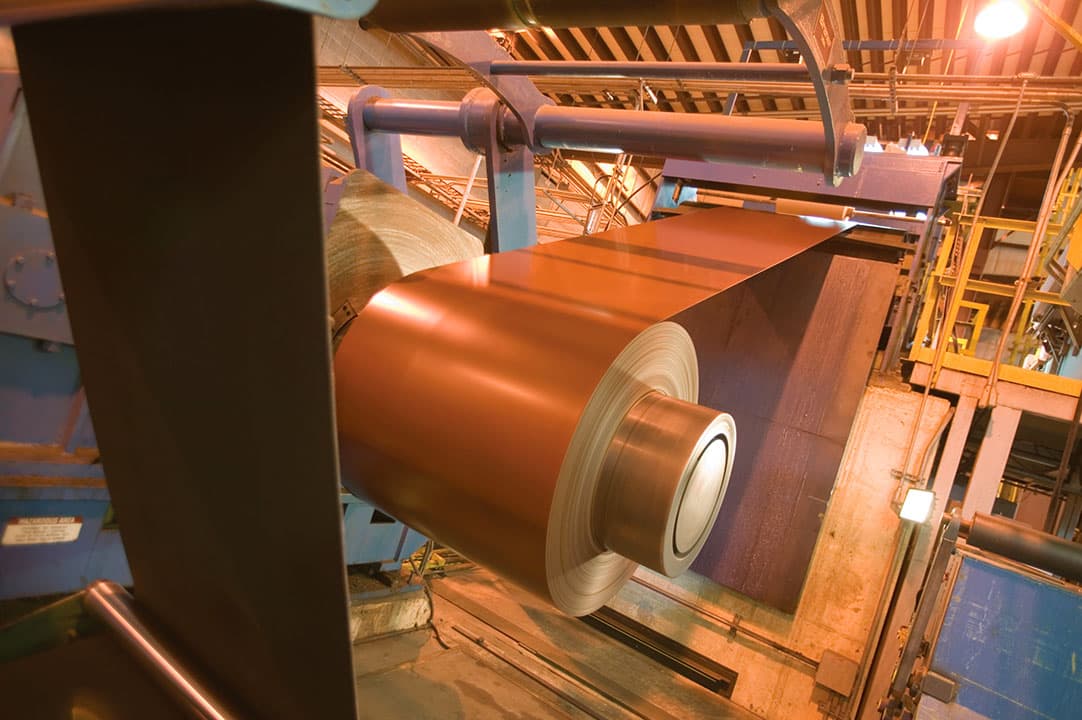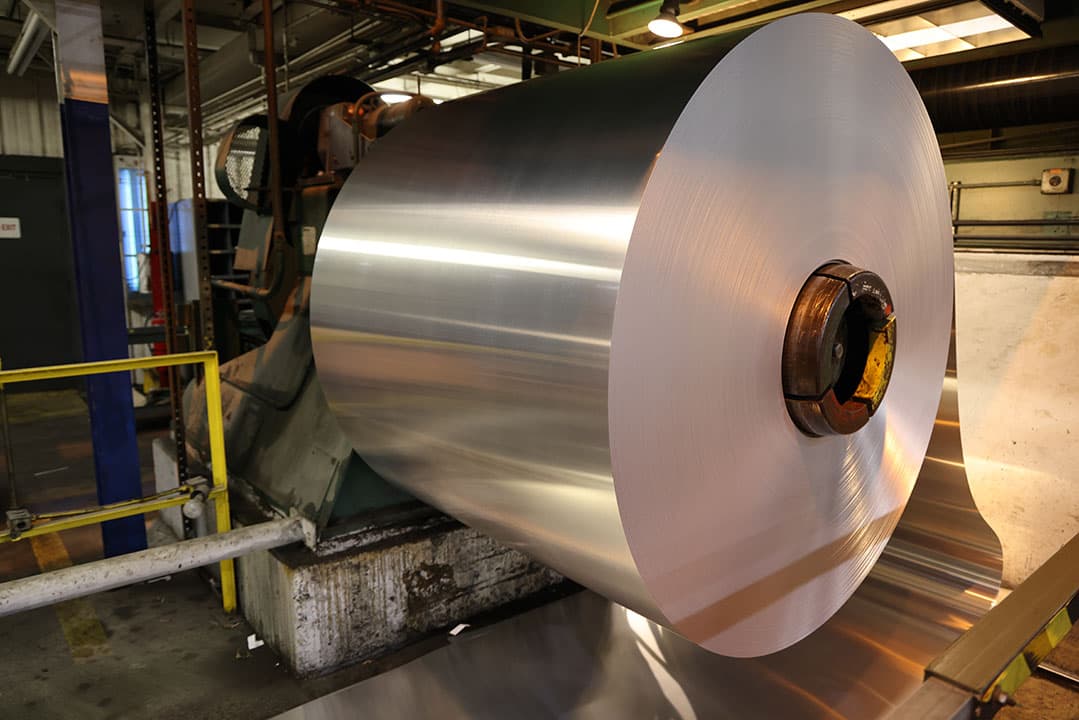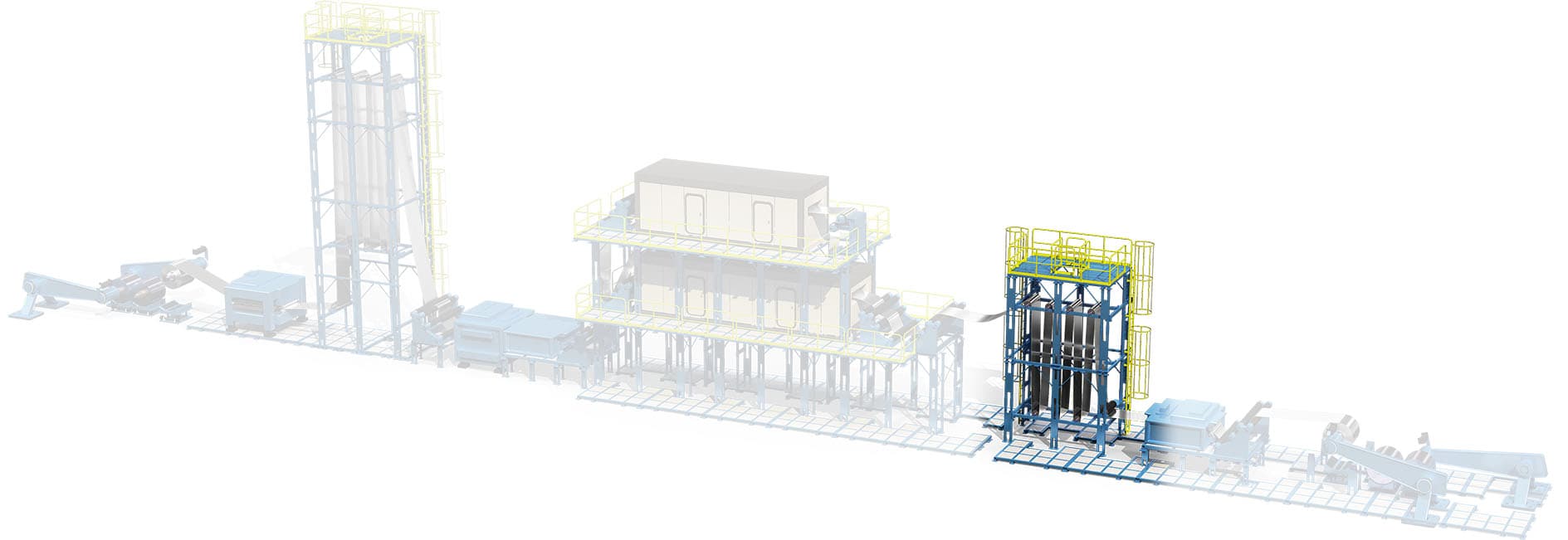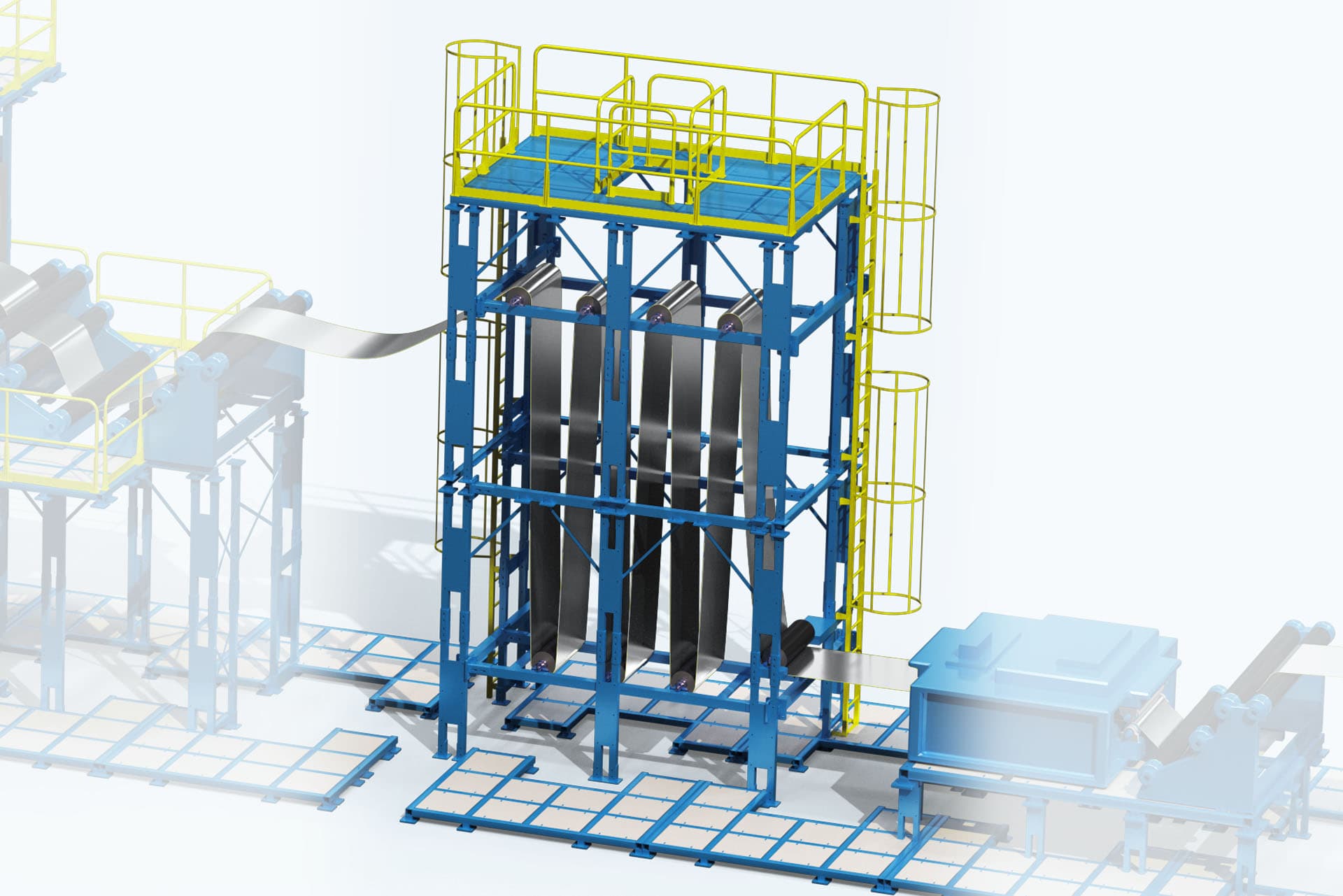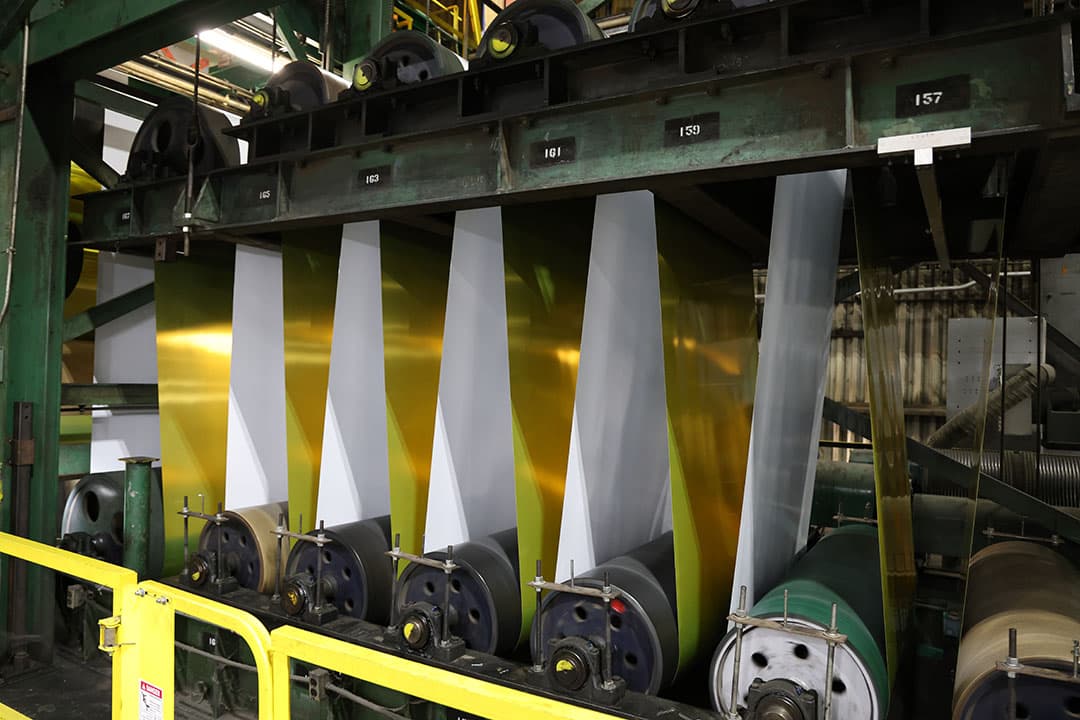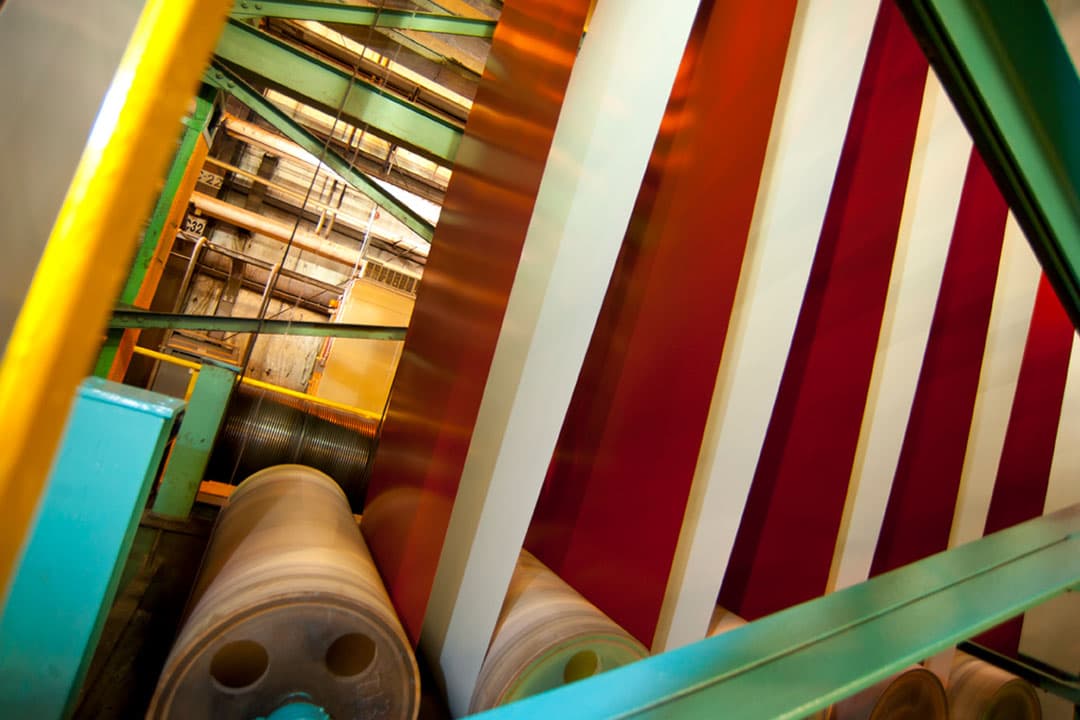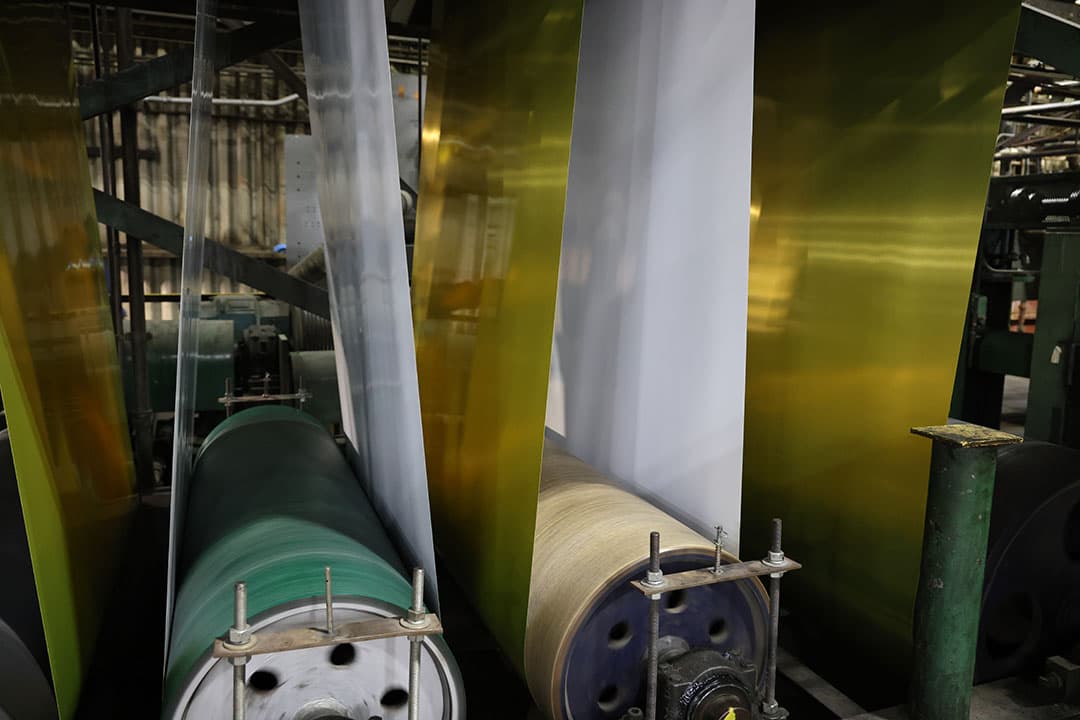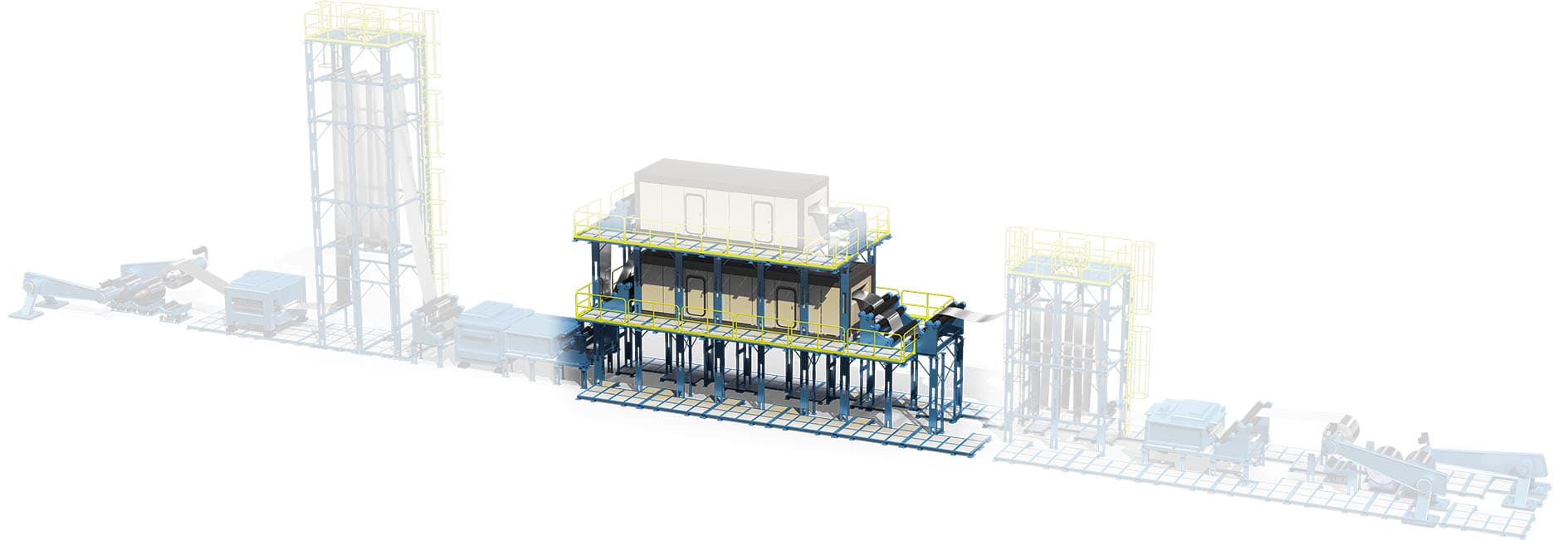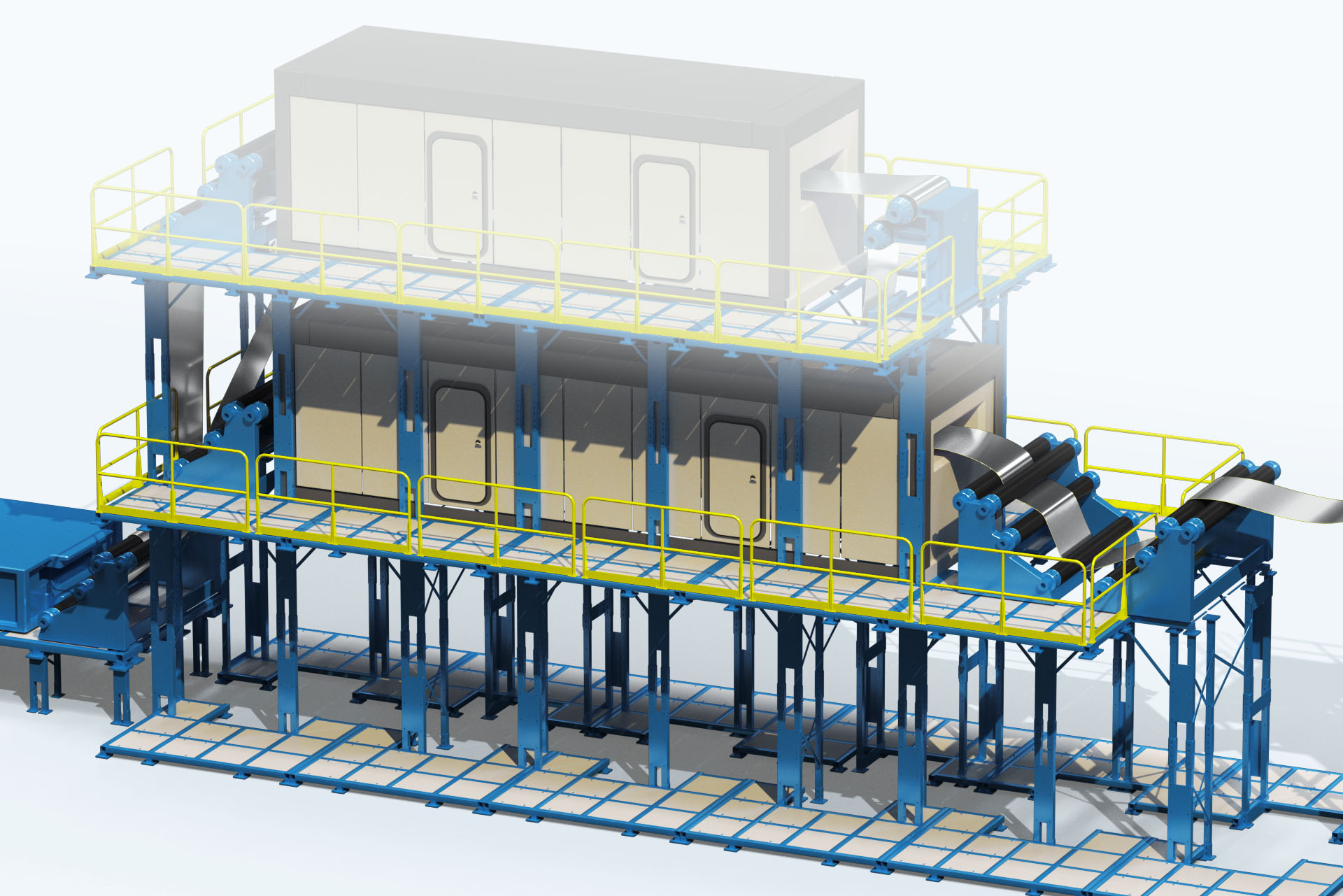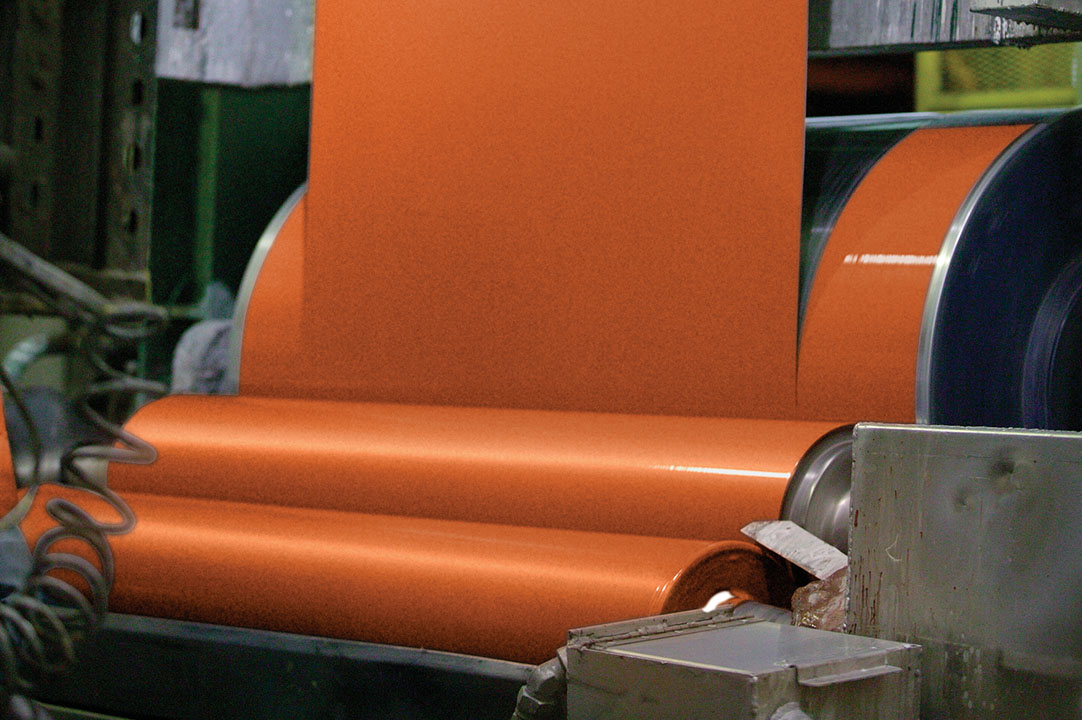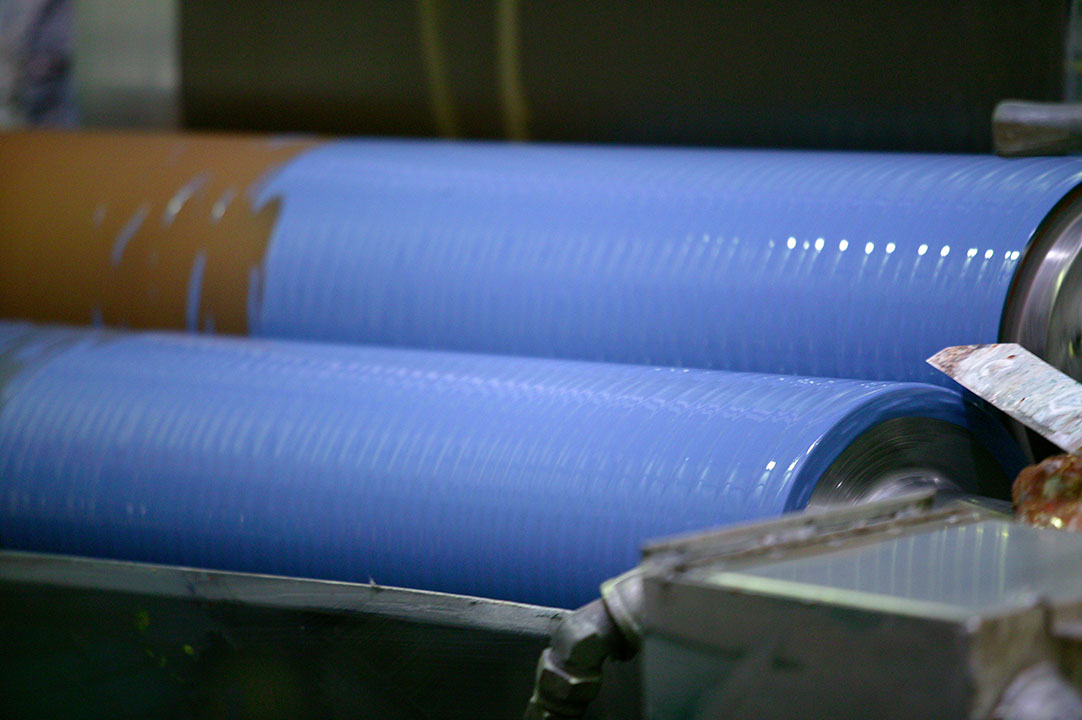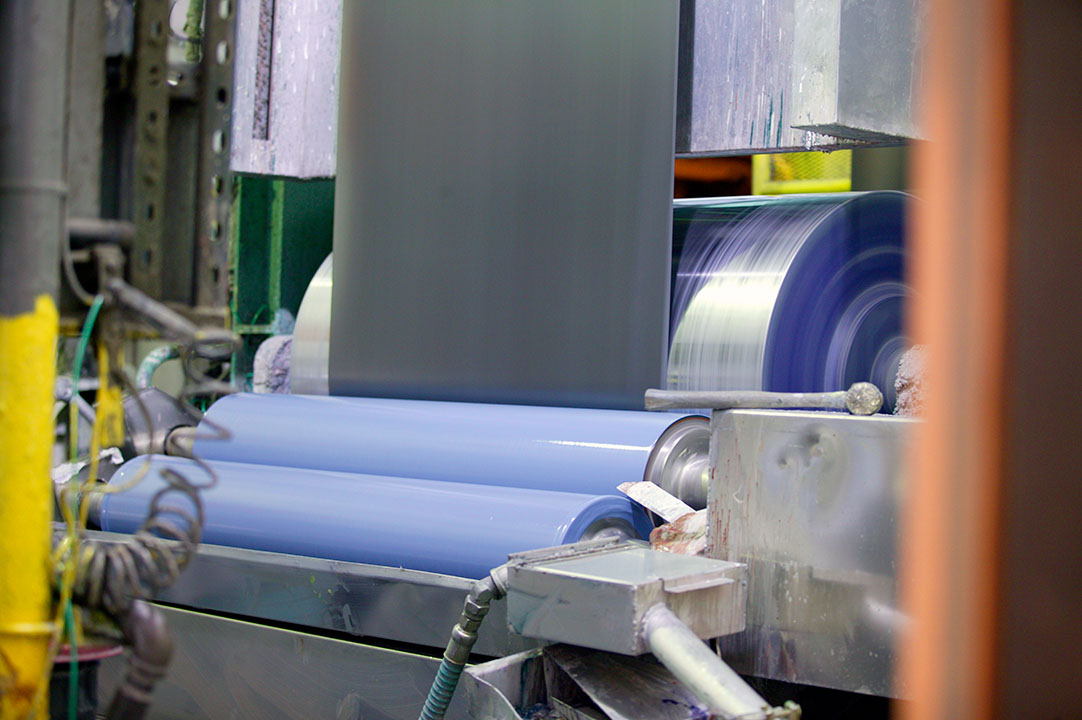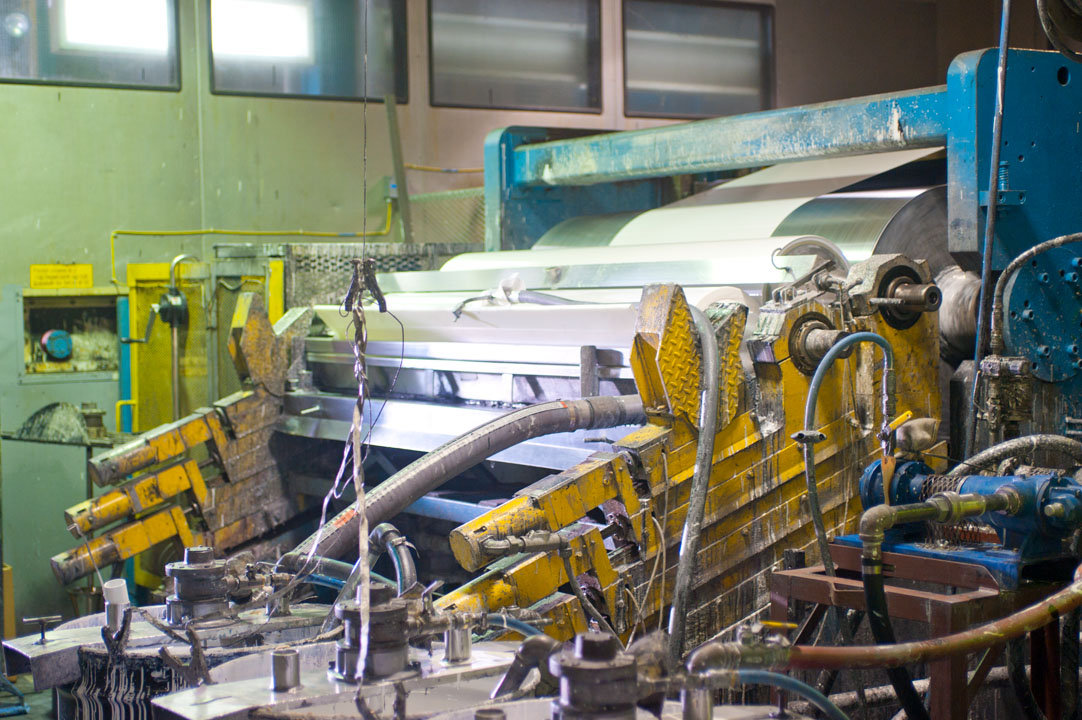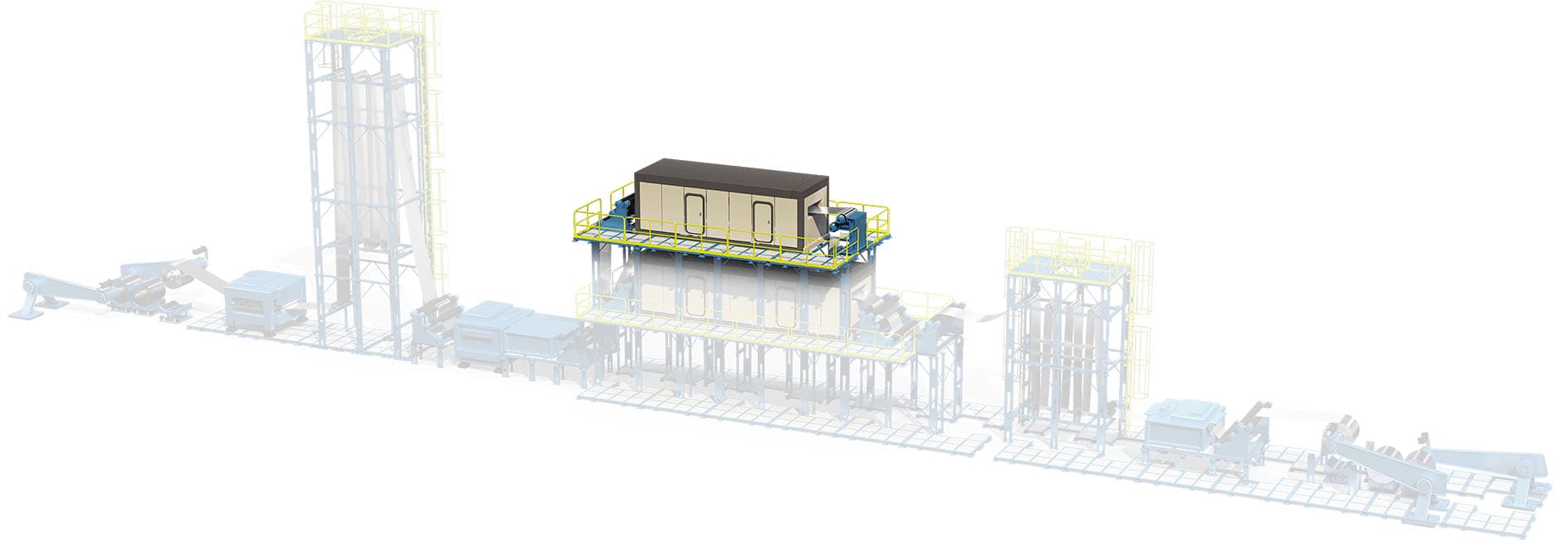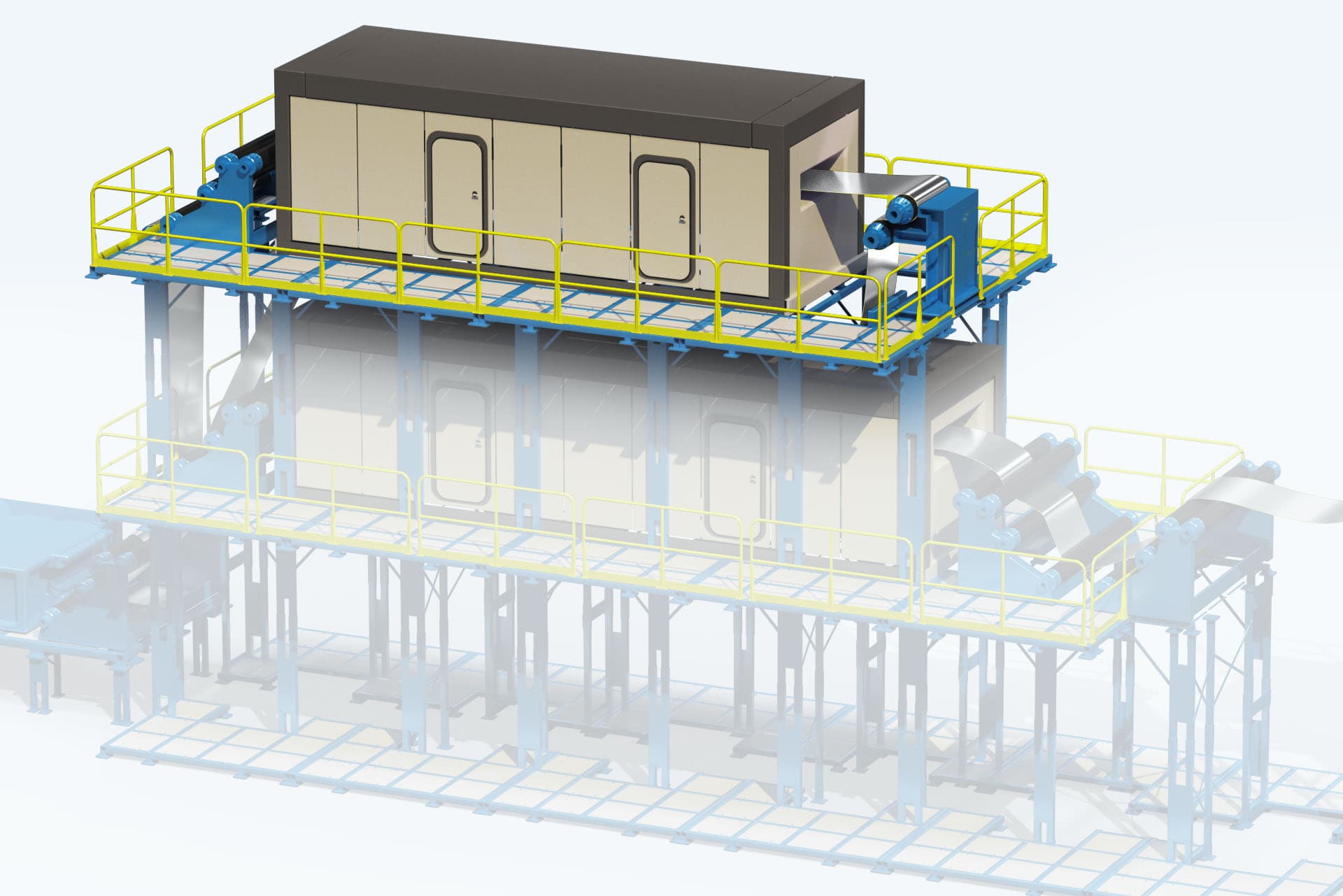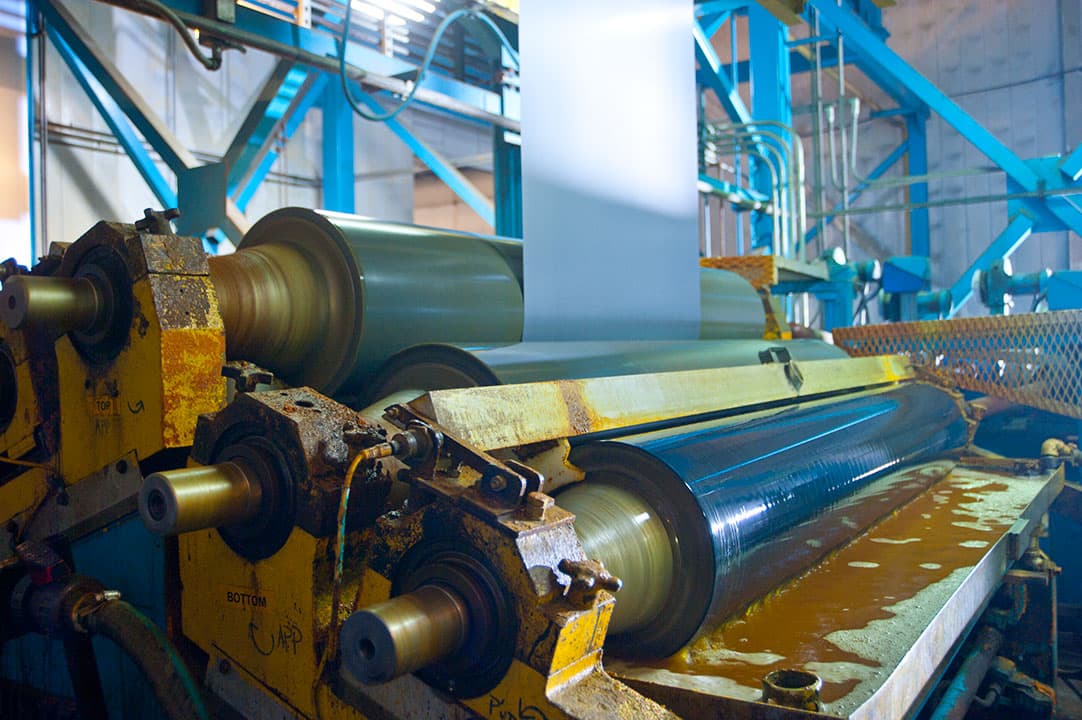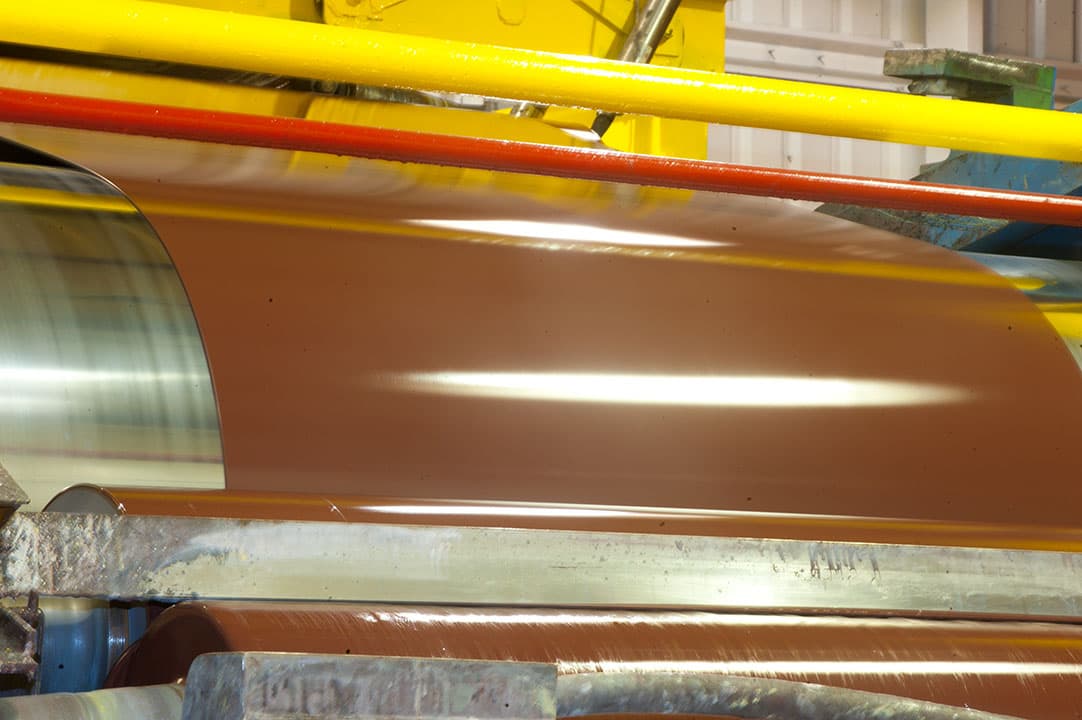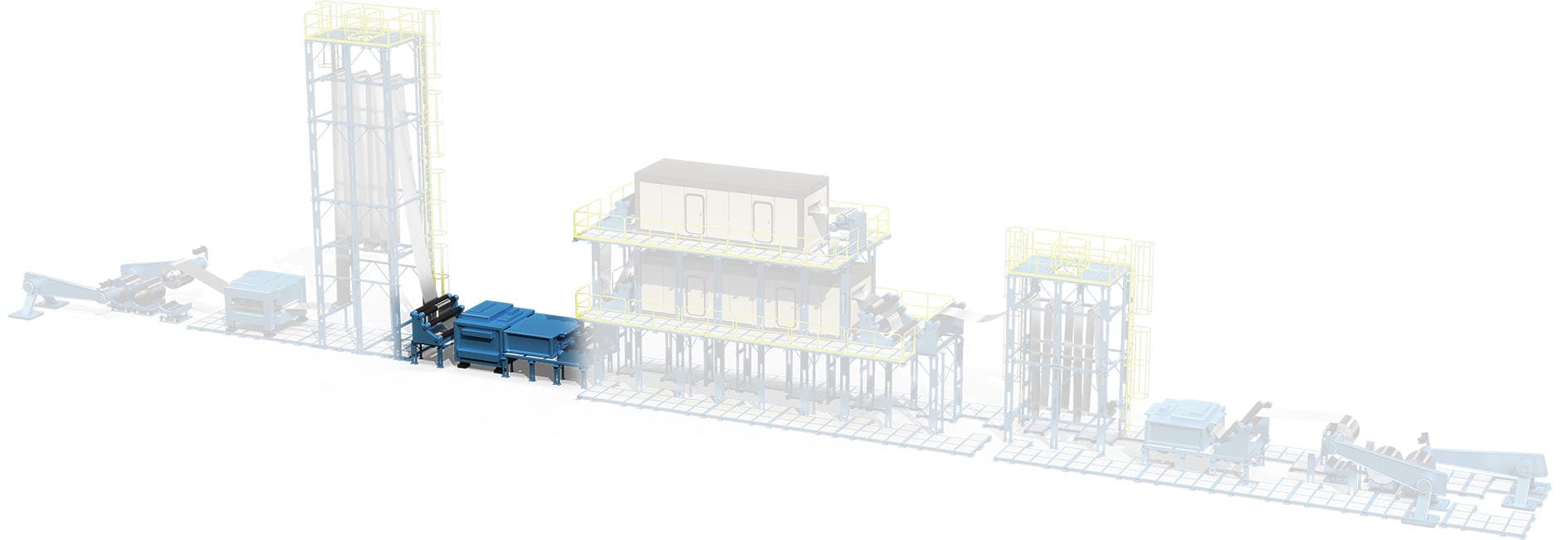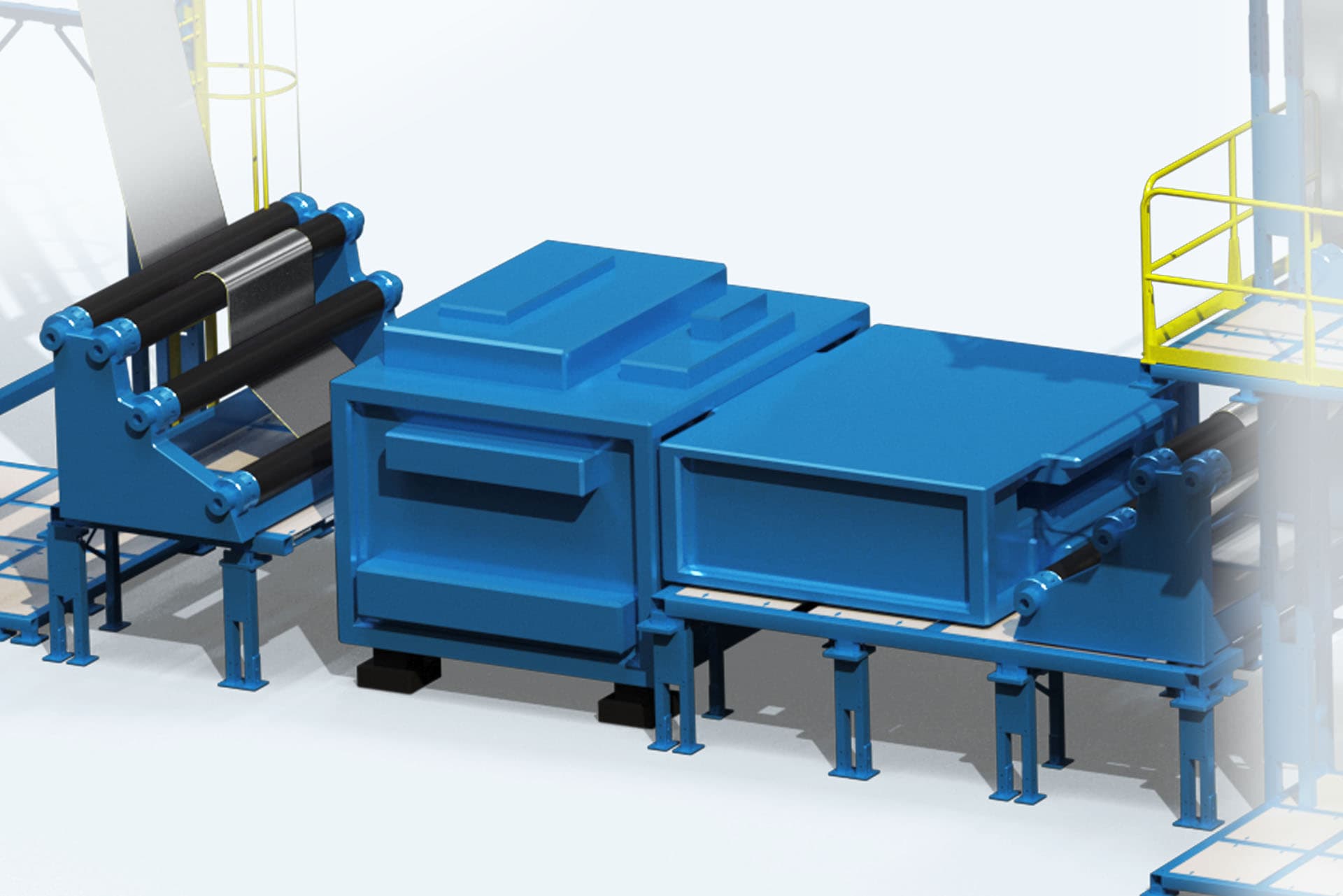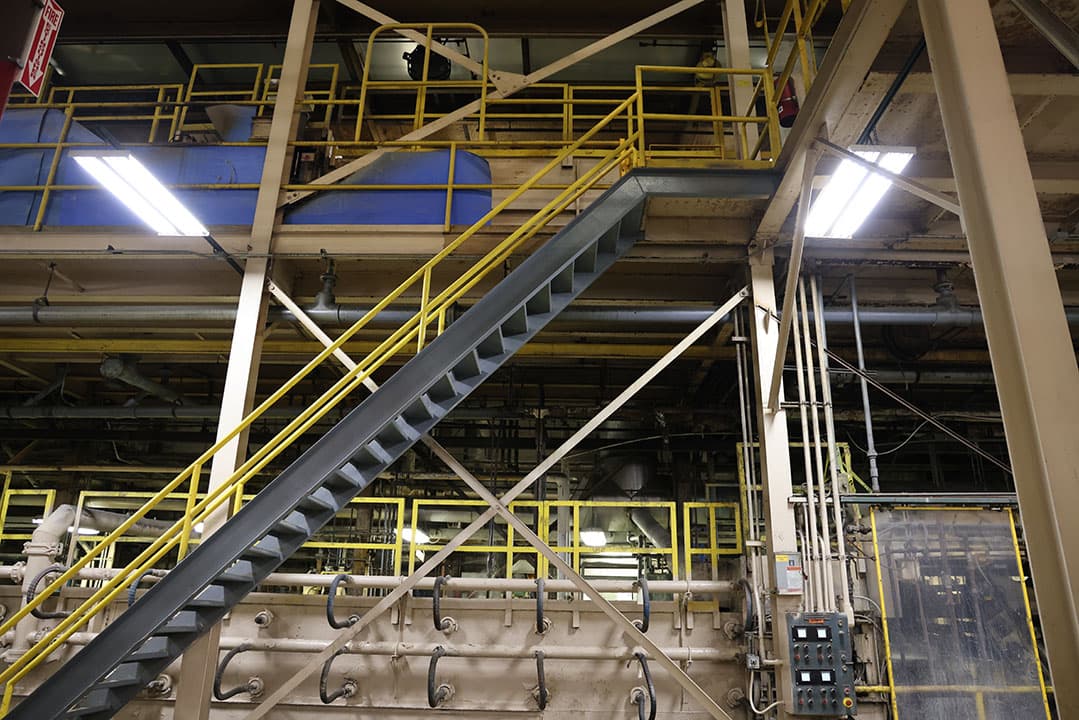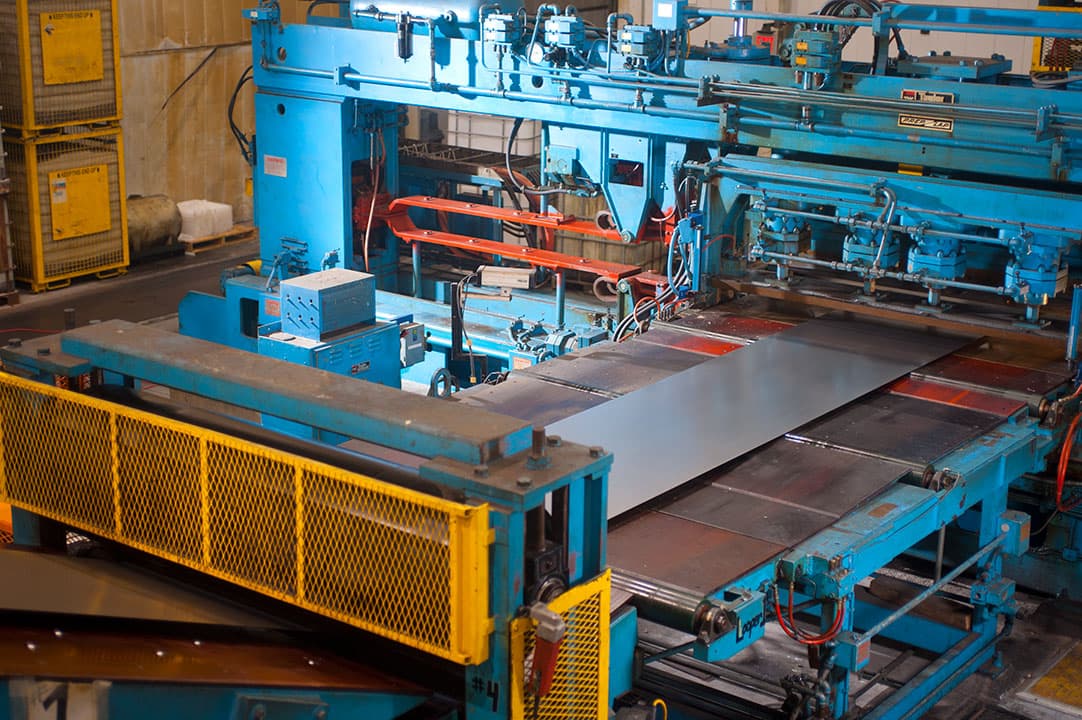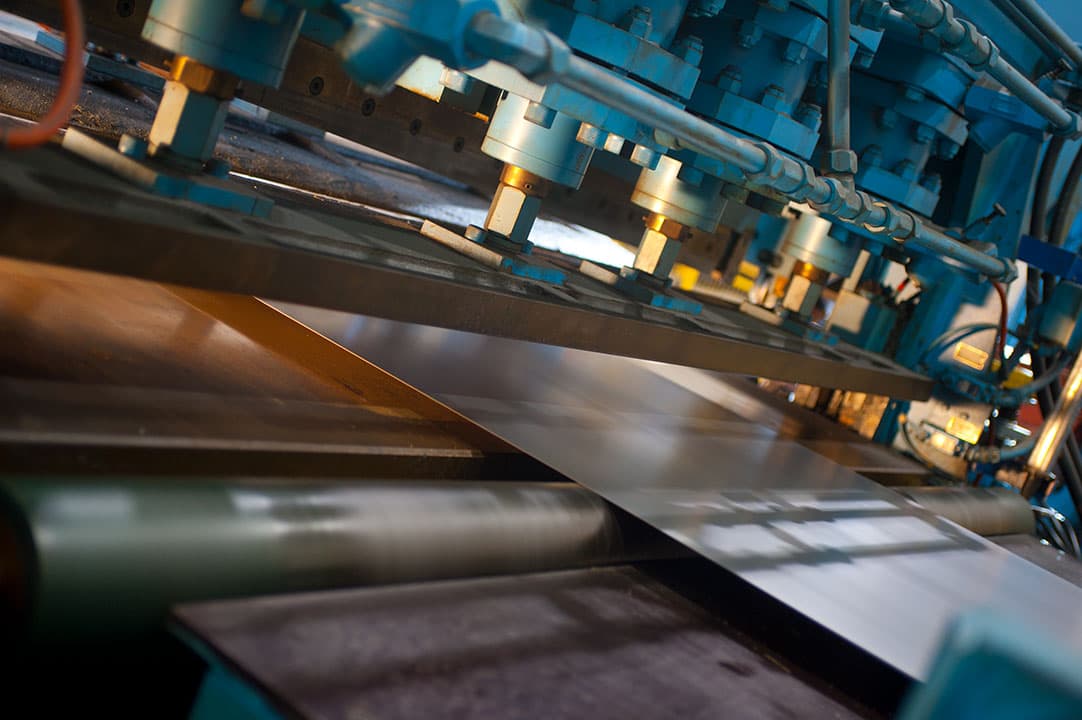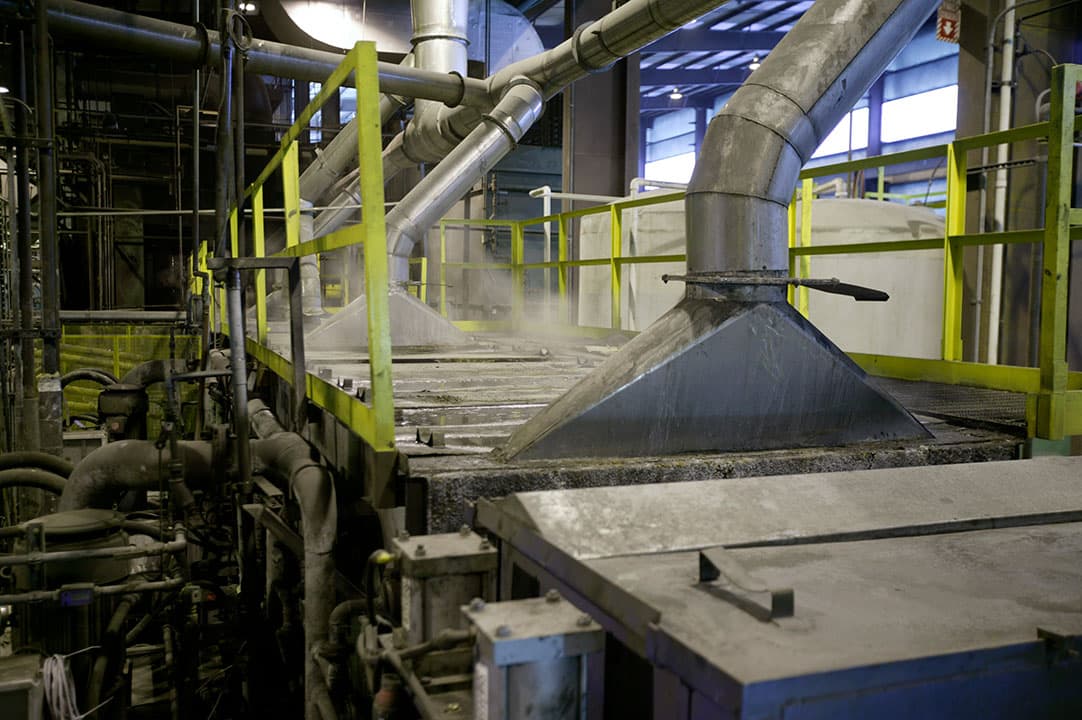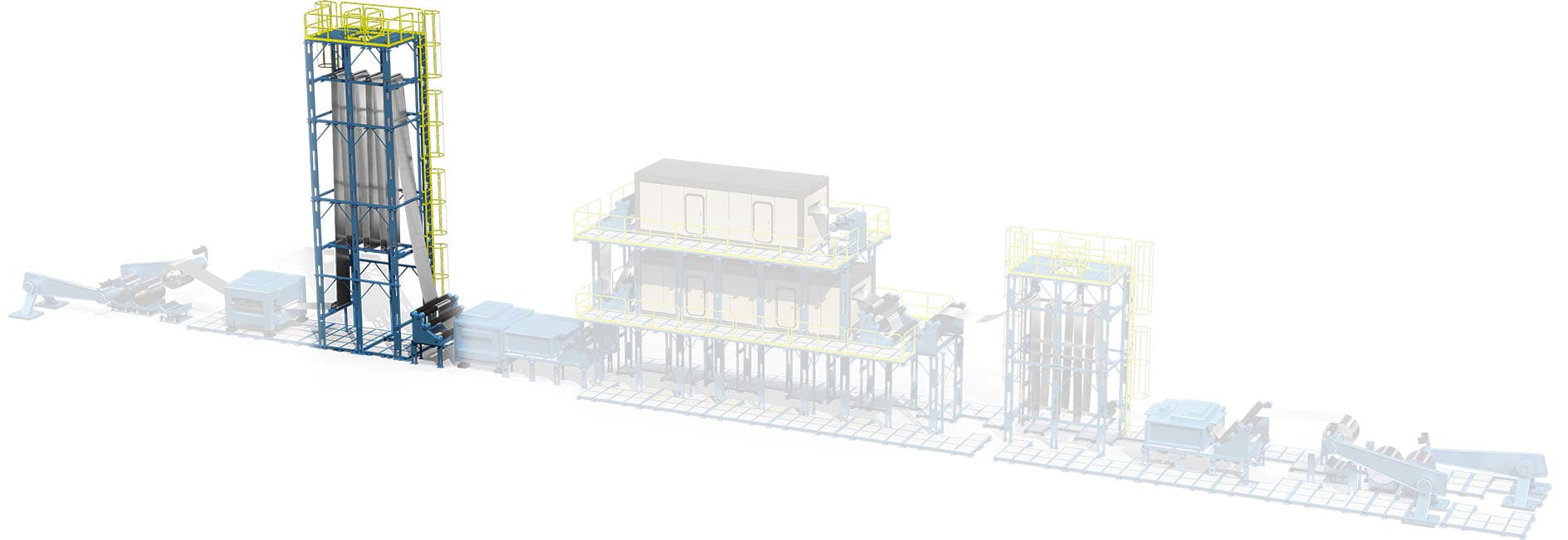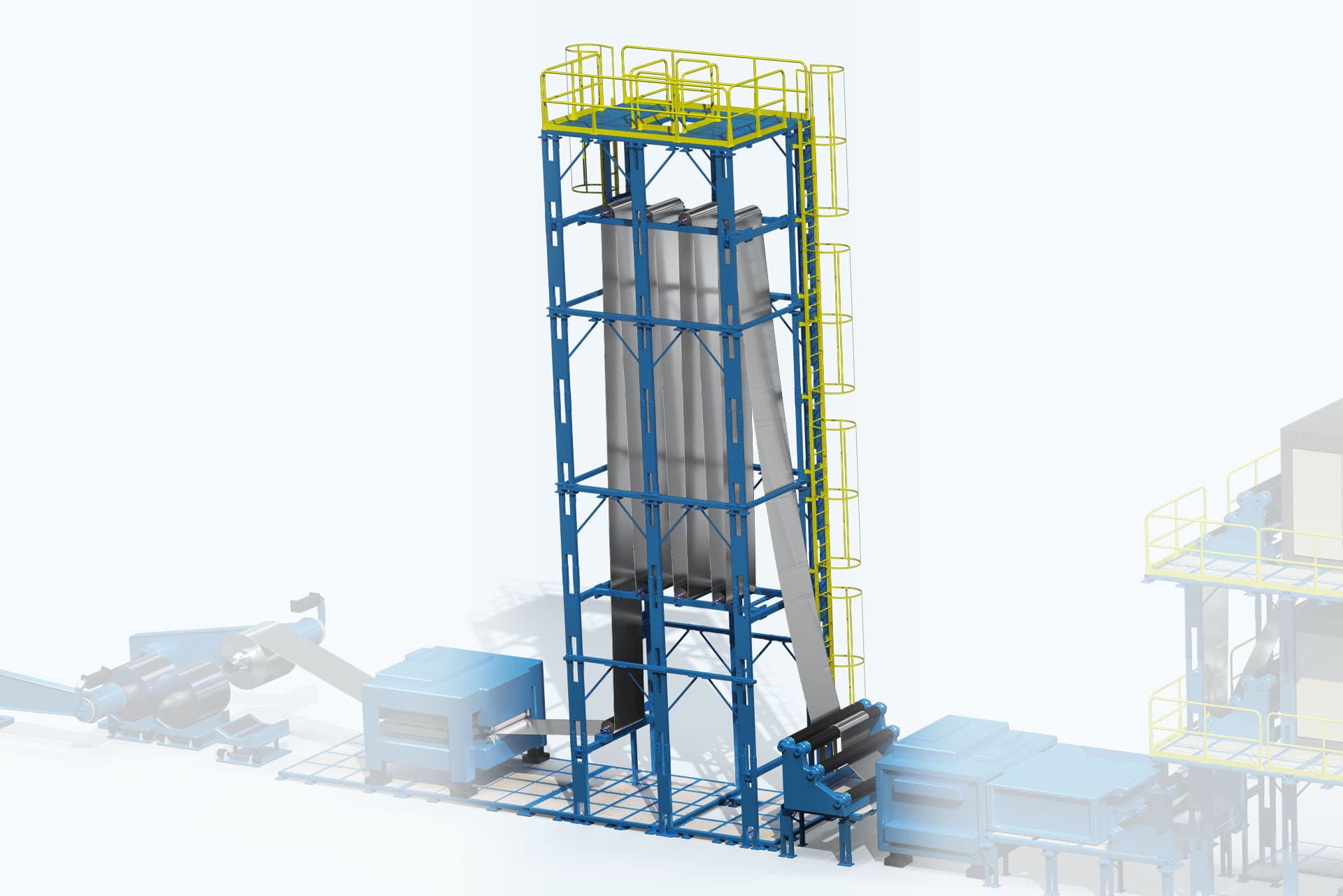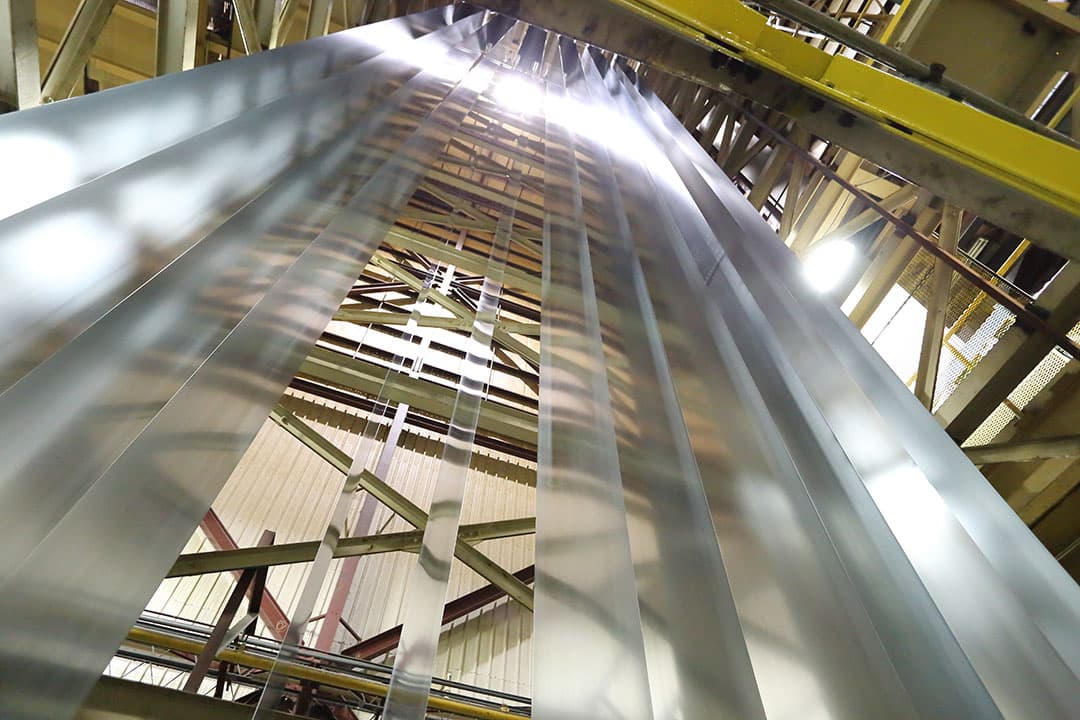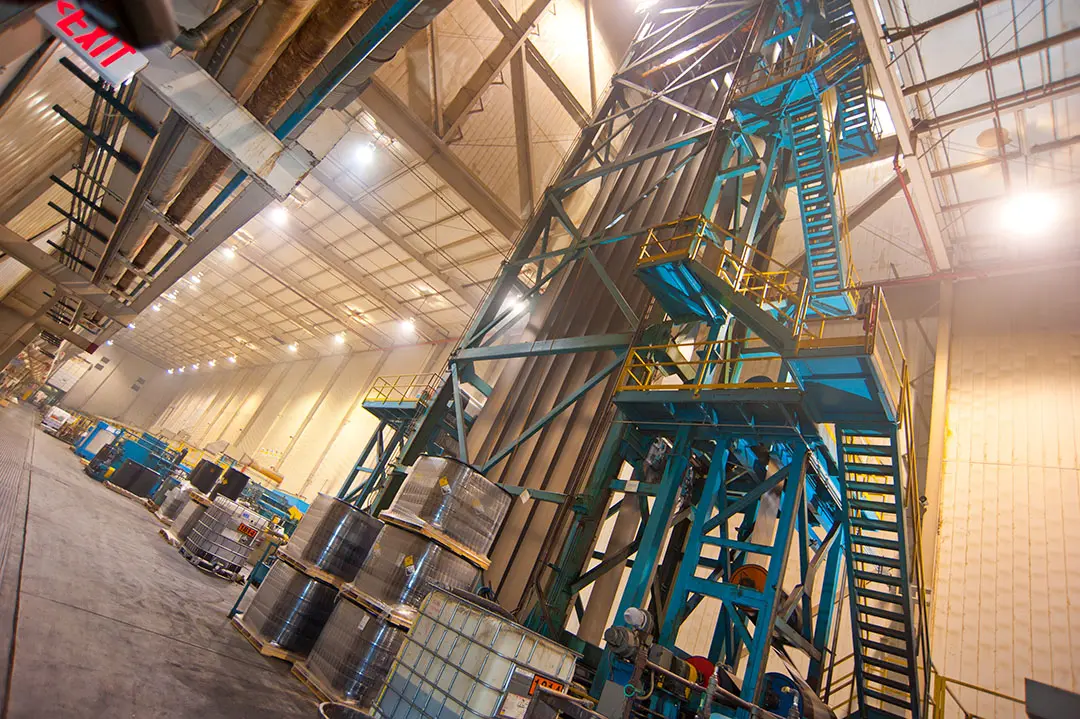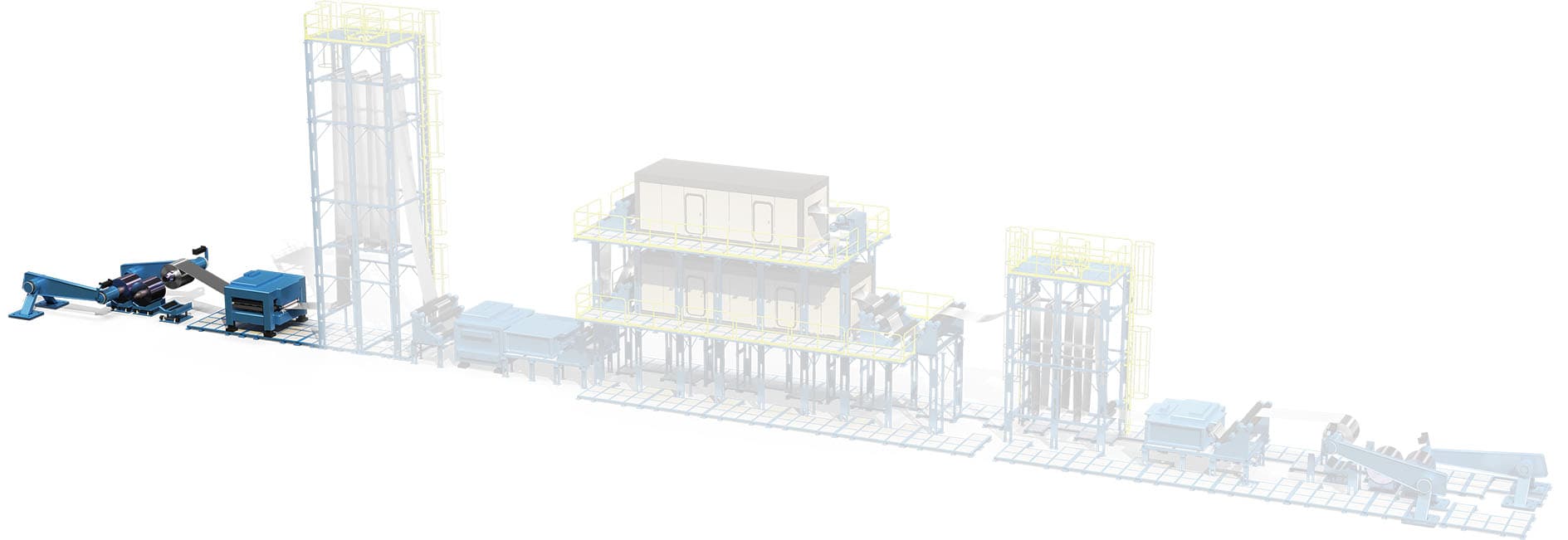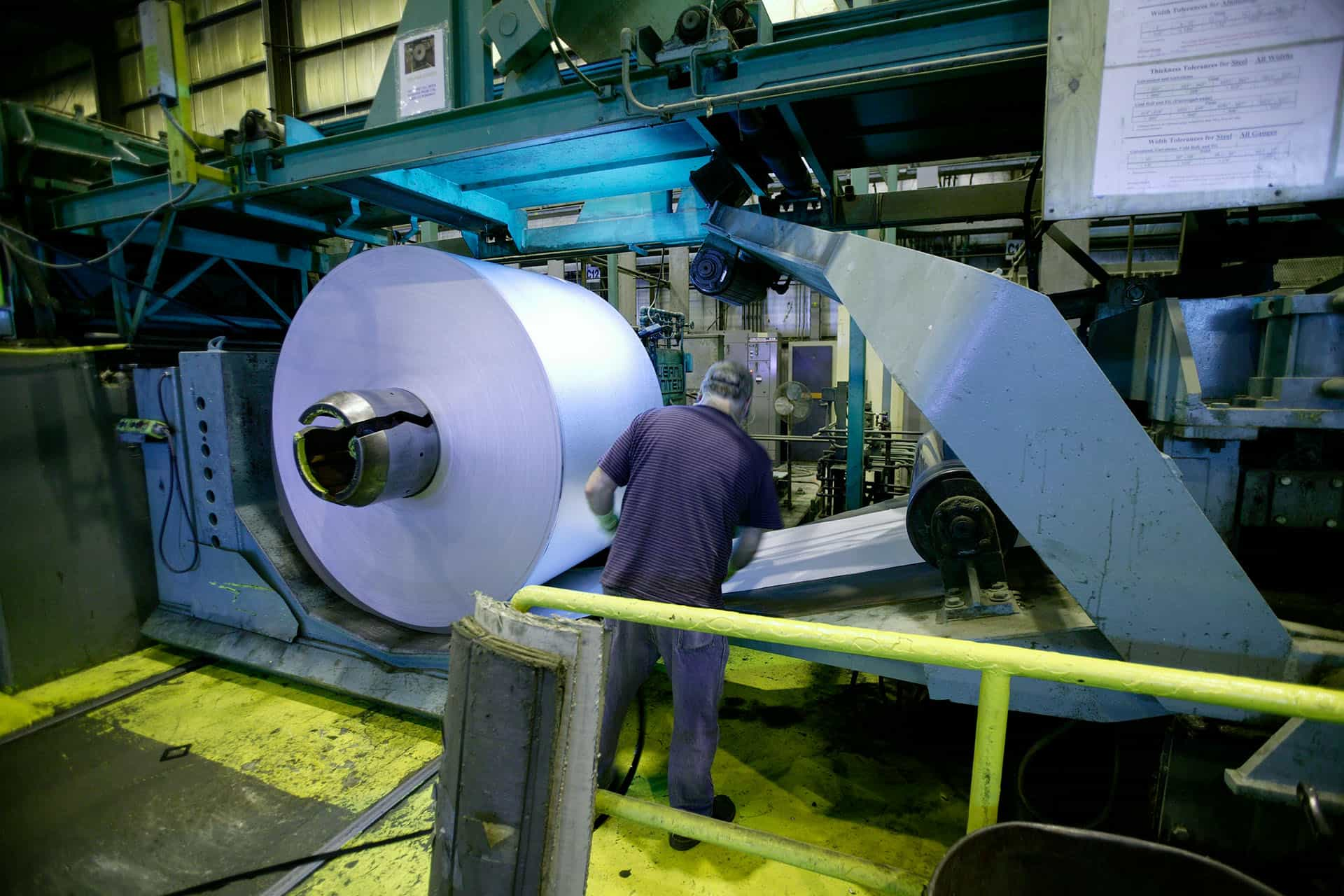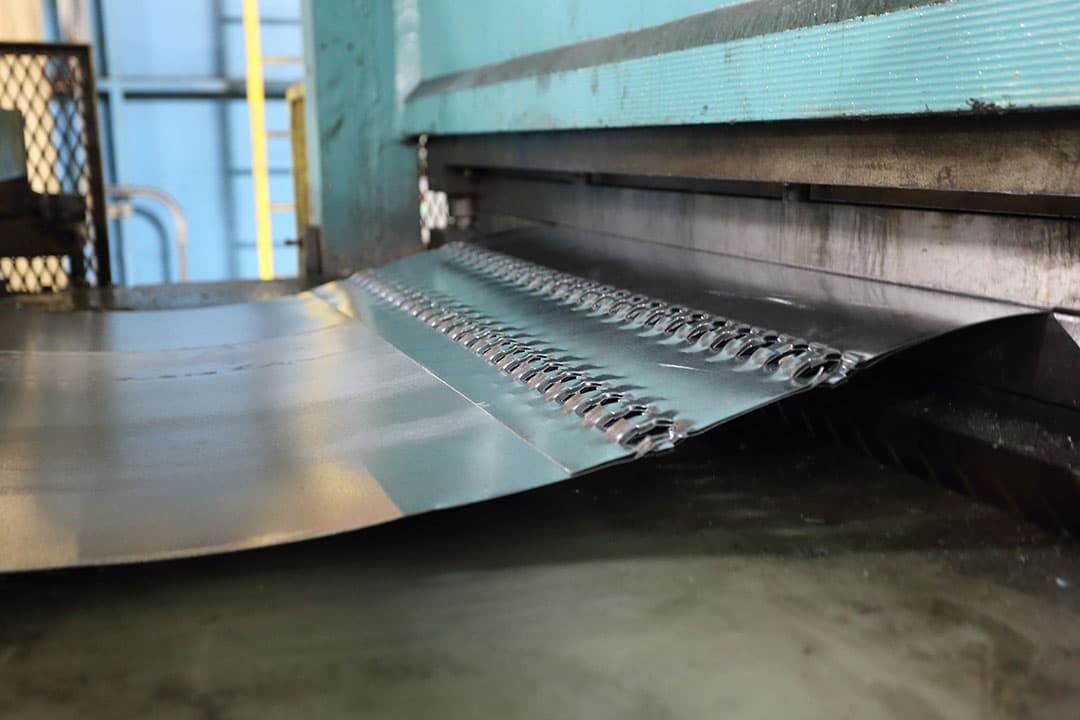According to the International Zinc Association (IZA), zinc has been present since our planet formed over 4.5 billion years ago, and all life on Earth has developed in its presence. Considered a “Life Saving Commodity” by the United Nations, zinc is the 24th most abundant element in the Earth’s crust and is a crucial element of “exceptional biologic and public health importance” on which all organisms depend. Zinc works at the cellular level by enhancing protein and enzyme function, and plays an important role in gene maintenance, the immune system, vision, and organ and tissue growth. Zinc also plays an integral role in supporting global agriculture and safeguarding the world’s infrastructure.
Simply stated, zinc is essential.
Health
Over 2 billion people globally lack zinc in their diet. This deficiency hampers the immune system and can lead to growth retardation, infections, hair loss, and skin rashes. Worse, zinc deficiency can be linked to over 1.2 million deaths annually. However, the 2006 Copenhagen Consensus rated vitamin A and zinc as the highest cost-effective solution to the world’s malnutrition epidemic.
World Agriculture
While natural erosion processes transport zinc in soil, rock, and sediment, many regions lack an adequate dilution of zinc to provide for solid crop quality and yields, resulting in zinc deficient harvests that further compound the health of the consumer. Agricultural output must expand to meet the nutritional needs of the world’s ever-growing population; thus, zinc fertilizers are now being adopted to boost crop yields. In test crops fortified with zinc fertilizer, China reported a 20% increase in yields with an astonishing 40% boost in nutritional content.
Energy
Known for its anti-corrosion properties, zinc has been protecting our nation’s steel-built electrical infrastructure for decades, and various zinc coatings are being employed to safeguard other structures, such as solar arrays and wind turbines, as well. In addition, due to the high specific energy, recyclability, safety, and zero emissions of zinc-based energy storage systems, zinc is used in the manufacture of a variety of battery chemistries, both primary and rechargeable, consumer and industrial, helping renewable power become 24-hour power.
Zinc: more than natural; essential.
Learn more at azz.com/galvanizing/essential-zinc.
Source: International Zinc Association, 2017
